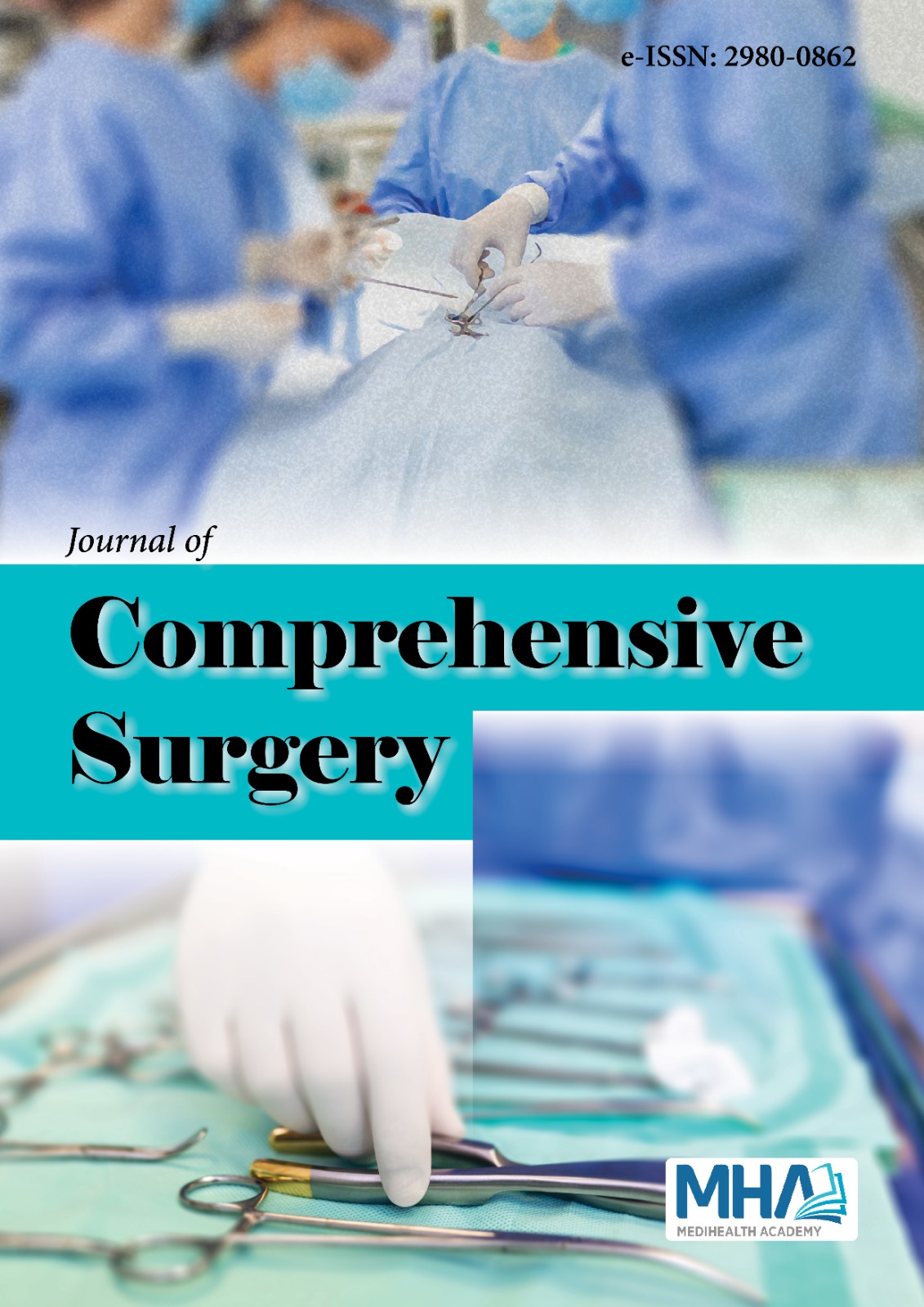1. WHO. Estimated age-standardized incidence and mortality rates (World)in 2020, females, ages 40+ (excl. NMSC) 2020.
2. Trayes KP, Cokenakes SEH. Breast cancer treatment. Am Fam Physician.2021;104(2):171-178.
3. Tesch ME, Partridge AH. Treatment of breast cancer in young adults.Am Soc Clin Oncol Educ Book. 2022;42:11-12.
4. Avci O, Tacar SY, Seber ES, Yetisyigit T. Breast cancer in young andvery young women; is age related to outcome? J Cancer Res Ther.2021;17(6):1322-1327.
5. Tarlan M, Khazaei S, Madani SH, Saleh E. Prognostic factors for cancer-specific survival in 220 patients with breast cancer: a single center experience.Cancer Rep. 2023;6(1):e1675.
6. Gao T, Shao F. Risk factors and prognostic factors for inflammatorybreast cancer with bone metastasis: a population-based study. J OrthopSurg. 2021;29(2):23094990211000144.
7. Mohamed RF, Abdelhameed DH, Mohamed MA. Combination of anatomicaland biological factors to predict disease-free survival in breast cancer. JCO GlobOncol. 2023;9:e2200269.
8. Chen M, Liu D, Chen W, et al. Impact of different modules of 21-geneassay in early breast cancer patients. Front Endocrinol. 2021;12:759338.
9. Lee JY, Lim SH, Lee MY, et al. Impact on survival of regular postoperativesurveillance for patients with early breast cancer. Cancer Res Treat.2015;47(4):765-773.
10. Tarighati E, Keivan H, Mahani H. A review of prognostic and predictivebiomarkers in breast cancer. Clin Exp Med. 2023;23(1):1-16.
11. Baranova A, Krasnoselskyi M, Starikov V, et al. Triple-negative breastcancer: current treatment strategies and factors of negative prognosis. JMed Life. 2022;15(2):153-161.
12. Su F, Chao J, Liu P, et al. Prognostic models for breast cancer: basedon logistics regression and Hybrid Bayesian Network. BMC Med InformDecis Mak. 2023;23(1):120.
13. Phung MT, Tin Tin S, Elwood JM. Prognostic models for breast cancer:a systematic review. BMC Cancer. 2019;19(1):230.
14. Makower D, Lin J, Xue X, Sparano JA. Lymphovascular invasion, race,and the 21-gene recurrence score in early estrogen receptor-positivebreast cancer. NPJ Breast Cancer. 2021;7(1):20.
15. Liu G, Kong X, Dai Q, Cheng H, Wang J, Gao J, et al. Clinical featuresand prognoses of patients with breast cancer who underwent surgery.JAMA Netw Open. 2023;6(8):e2331078.
16. Houvenaeghel G, Cohen M, Classe JM, et al. Lymphovascular invasionhas a significant prognostic impact in patients with early breast cancer,results from a large, national, multicenter, retrospective cohort study.ESMO Open. 2021;6(6):100316.
17. Lee SJ, Go J, Ahn BS, et al. Lymphovascular invasion is an independentprognostic factor in breast cancer irrespective of axillary nodemetastasis and molecular subtypes. Front Oncol. 2023;13:1269971.
18. Akrami M, Meshksar A, Ghoddusi JM, et al. Prognostic role oflymphovascular invasion in patients with early breast cancer. Indian JSurg Oncol. 2021;12(4):671-677.
19. Horwitz KB, Sartorius CA. 90 years of progesterone: progesterone andprogesterone receptors in breast cancer: past, present, future. J Mol Endocrinol.2020;65(1):T49-T63.
20. Li Z, Wei H, Li S, Wu P, Mao X. The role of progesterone receptors inbreast cancer. Drug Des Devel Ther. 2022;16:305-314.
21. Dowsett M, Allred C, Knox J, et al. Relationship between quantitativeestrogen and progesterone receptor expression and human epidermalgrowth factor receptor 2 (HER-2) status with recurrence in the Arimidex,Tamoxifen, alone or in combination trial. J Clin Oncol. 2008;26(7):1059-1065.
22. Shiino S, Ball G, Syed BM, et al. Prognostic significance of receptorexpression discordance between primary and recurrent breast cancers:a meta-analysis. Breast Cancer Res Treat. 2022;191(1):1-14.
23. Hosoya K, Wakahara M, Ikeda K, Umekita Y. Perineural invasionpredicts unfavorable prognosis in patients with invasive breast cancer.Cancer Diagn Progn. 2023;3(2):208-214.
24. Narayan P, Flynn J, Zhang Z, et al. Perineural invasion as a riskfactor for locoregional recurrence of invasive breast cancer. Sci Rep.2021;11(1):12781.

